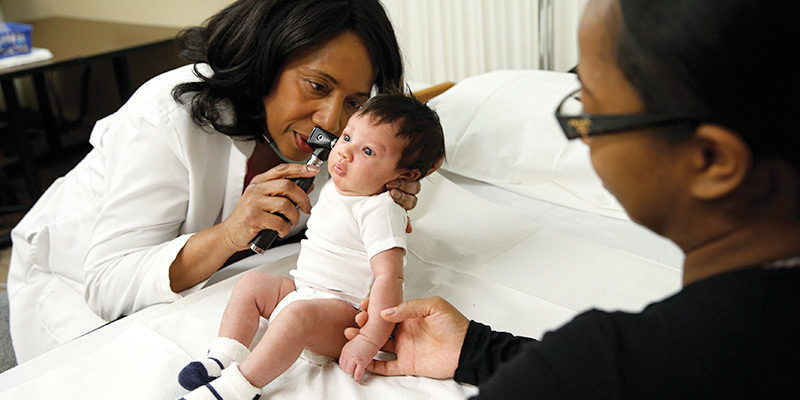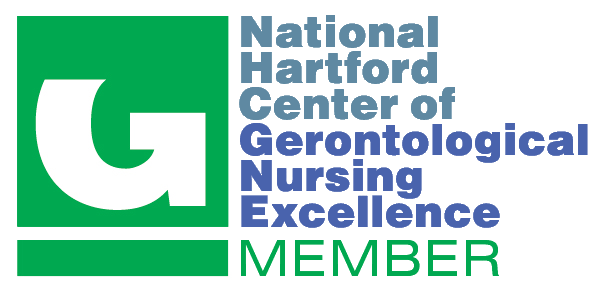Pediatric Nurse Practitioner - Primary Care
Scope of Practice
Overview
The Pediatric Nurse Practitioner - Primary Care (PNPPC) is an advanced practice nurse specializing in pediatric health care. PNPs acquire advanced knowledge and clinical skills in child health care, enabling them to provide a broad range of services for children from birth through young adult. The focus of these services is on health promotion, disease and disability prevention and the restoration of health. The PNP practices in a variety of settings as an interdependent member of the health care team, collaborating with other health professionals to provide health care services to children.
In 2004, the National Association of Pediatric Nurse Practitioners expanded the scope of practice of the PNP to include the provision of care to acute, chronic and critically ill children and developed a specific certification exam.
Credentials and Certification
Graduation from the PNP Master of Science in Nursing specialty prepares you for licensure and “approval to practice” as a Registered Nurse (RN) in every state. Both PNP and ACPNP graduates, who entered the specialty as RNs, are eligible to sit for examination for the applicable certification, and eligible for prescriptive authority in all 50 states, with restrictions as specified by each state. Visit Credentialing and Certification for specific information.
Functions Performed by the Pediatric Nurse Practitioner
In addition to general functions performed by the Advanced Practice Nurse, the PNP may provide these specific functions:
- Empower children and families.
- Promote wellness oriented self care.
- Provide comprehensive health education.
- Work with children and their families in anticipation of developmental milestones, life cycle events.
- Perform or recommend age-appropriate screening procedures.
- Diagnose and treat common acute health problems, illnesses, and minor trauma.
- Care for and counsel children with common identified, stable chronic conditions.
- Coordinate and integrate multidisciplinary services for children with complex medical problems.
- Diagnose and treat acute, critical, and chronic illness in children.
- Care for and counsel children with common, identified chronic conditions.
- Coordinate inter/ multidisciplinary team models in terms of referral, professional relationships, ethical concerns, conflict resolution and the delivery of services to children with complex medical problems.
- Work with children and their families in anticipation of developmental milestone, life cycle events.
- Integrate ethical principles into complex plans of care working closely with patients, families, health care workers, and interdisciplinary ethics communities.





